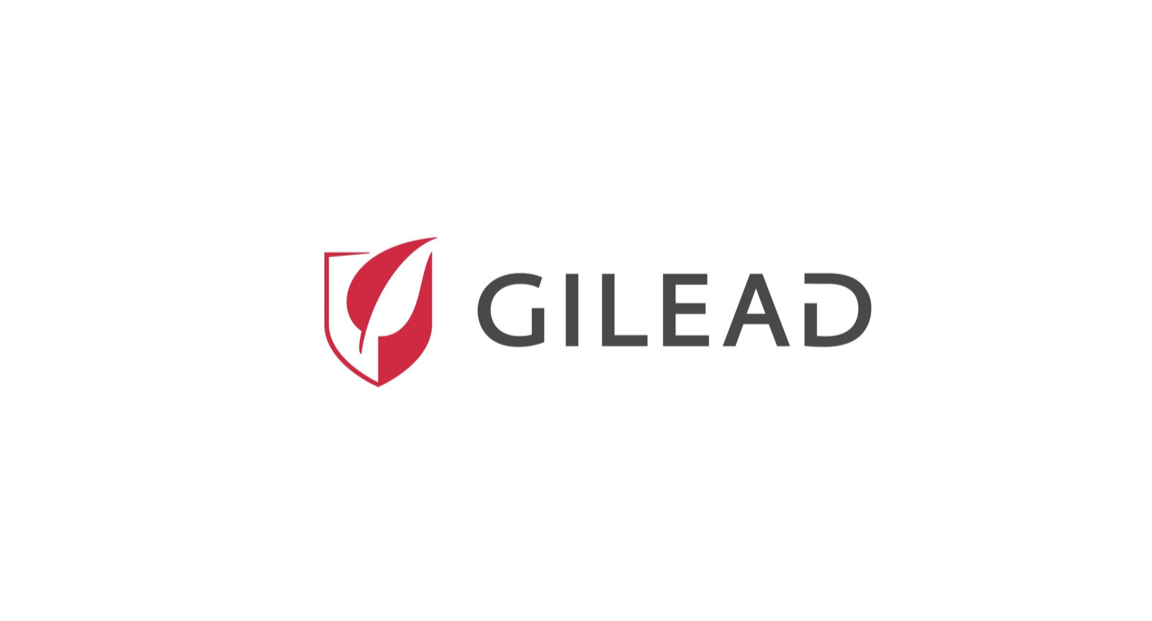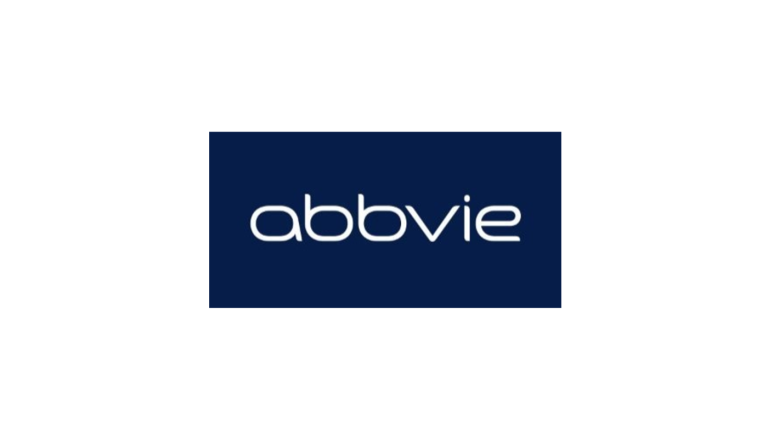Gilead Sciences announced data from the Phase 2b MYR204 open-label study assessing the efficacy and safety of the first-in-class entry inhibitor bulevirtide as monotherapy and in combination with pegylated interferon alfa-2a (PegIFN), in adults living with compensated chronic hepatitis delta virus (HDV) infection.
Published in the New England Journal of Medicine (NEJM), the data demonstrate that the investigational combination of bulevirtide 10 mg with PegIFN was superior to investigational bulevirtide 10 mg monotherapy in achieving undetectable HDV RNA (lower limit of quantification (LLOQ), target not detected) at Week 24 after the end of treatment (EOT). The end of study data presented at the EASL Congress 2024, demonstrate that treatment with bulevirtide 10 mg in combination with PegIFN maintained a 46% rate of undetectable HDV RNA at Week 48 after EOT, confirming its potential as a finite therapy for adults living with chronic HDV. HDV affects an estimated 5% of people living with chronic hepatitis B (HBV), with a global prevalence of more than 12 million people.
“HDV is the most severe form of viral hepatitis. For people living with HDV, bulevirtide 2 mg has been proven to be a successful long-term treatment approach, as highlighted in clinical trials and real-world data. These new data support the potential for bulevirtide as a finite treatment option, demonstrating that almost half of people treated with bulevirtide 10 mg in combination with PegIFN remained undetectable for HDV RNA one year after treatment cessation,” said Tarik Asselah, MD, PhD, Professor of Hepatology, Hôpital Beaujon APHP, Université Paris-Cité, Head of Viral Hepatitis, UMR1149 Inserm and principal investigator of the study. “These long-term data are the highest post-treatment response rates ever reported for HDV.”
Bulevirtide 2 mg remains the only approved treatment for adults with chronic HDV and compensated liver disease in the European Economic Area (EEA), Great Britain and Switzerland and is not approved in the U.S. Bulevirtide 10 mg is an investigational product and is not approved anywhere.
“Chronic HDV can greatly impact those affected due to its rapid progression to liver failure, liver cancer and liver-related death. With these promising finite data for bulevirtide, we have the opportunity to support healthier futures for people living with HDV,” said Anu Osinusi, VP, Clinical Research for Hepatitis, Respiratory and Emerging Viruses, Gilead Sciences. “In addition to highlighting the curative potential of combination therapy for some people with chronic HDV, these final data support the safety profile of bulevirtide. Ultimately, our focus remains on bringing treatment options to more people living with chronic HDV.”



